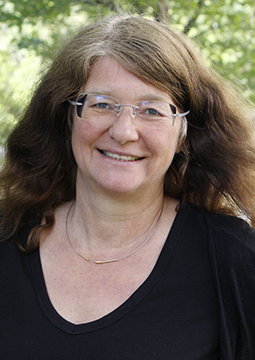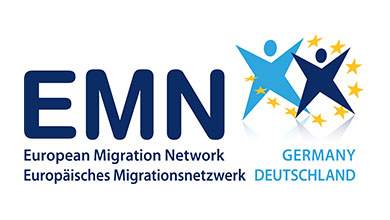Dr. Anja Stichs ,
 Dr. Anja Stichs
Source: © BAMF
Dr. Anja Stichs
Source: © BAMF
Dr. Anja Stichs is a sociologist, and works as researcher in Research Field II "Integration and Social Cohesion". In quantitative integration research, she works on sampling methods for ethnic and religious minorities. Other main areas of her research include religion, gender and family.
Current projects
Analyses of Religion in the Migration Context
Muslim Life in Germany 2020
TransFAR
Finished projects
Muslim life in Germany 2016
Muslim life in Germany 2008
The integration of immigrating spouses in Germany
Islamic officials in Germany
Success biographies of female migrants
Contact
E-mail:
Write a message

